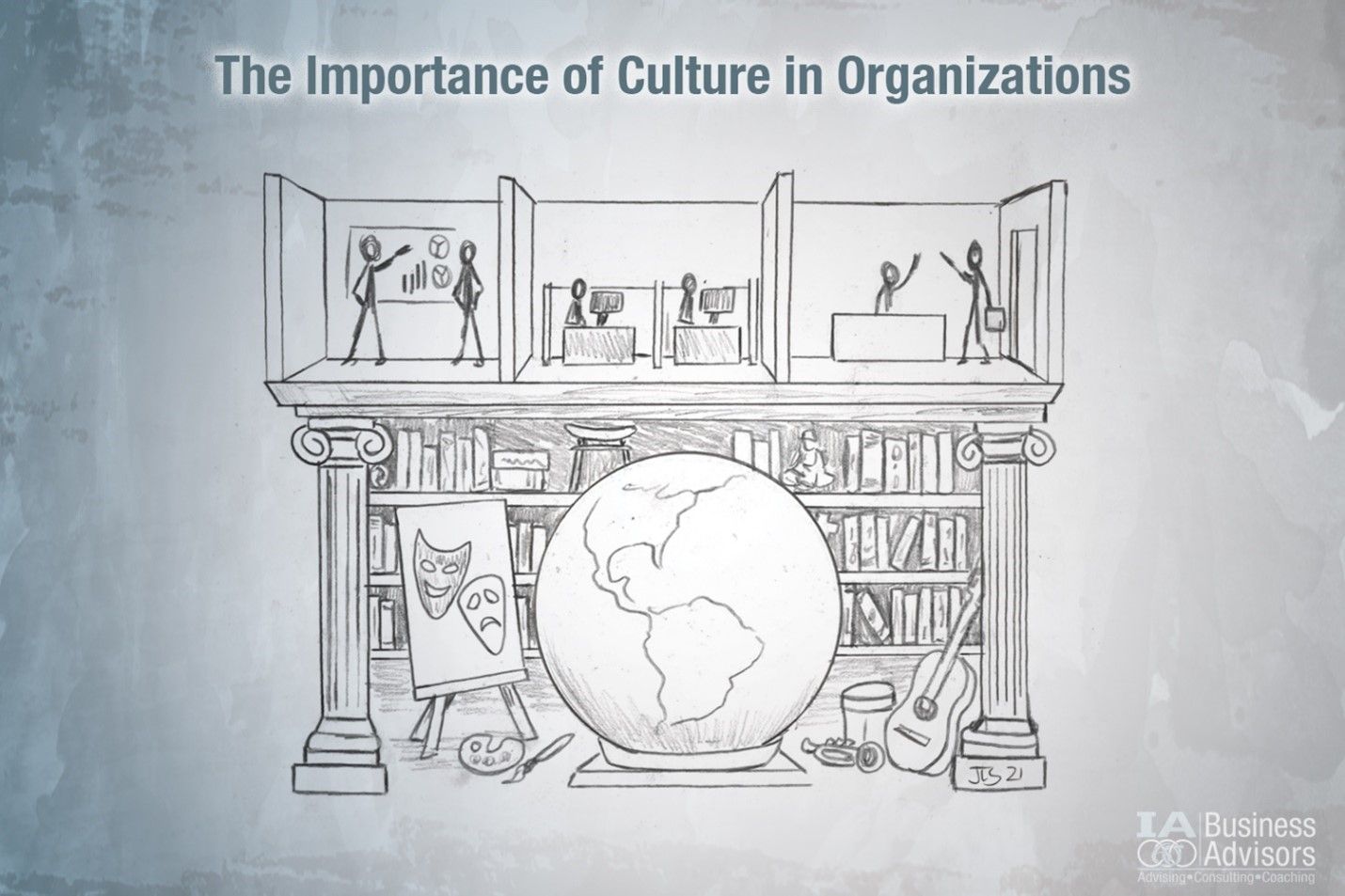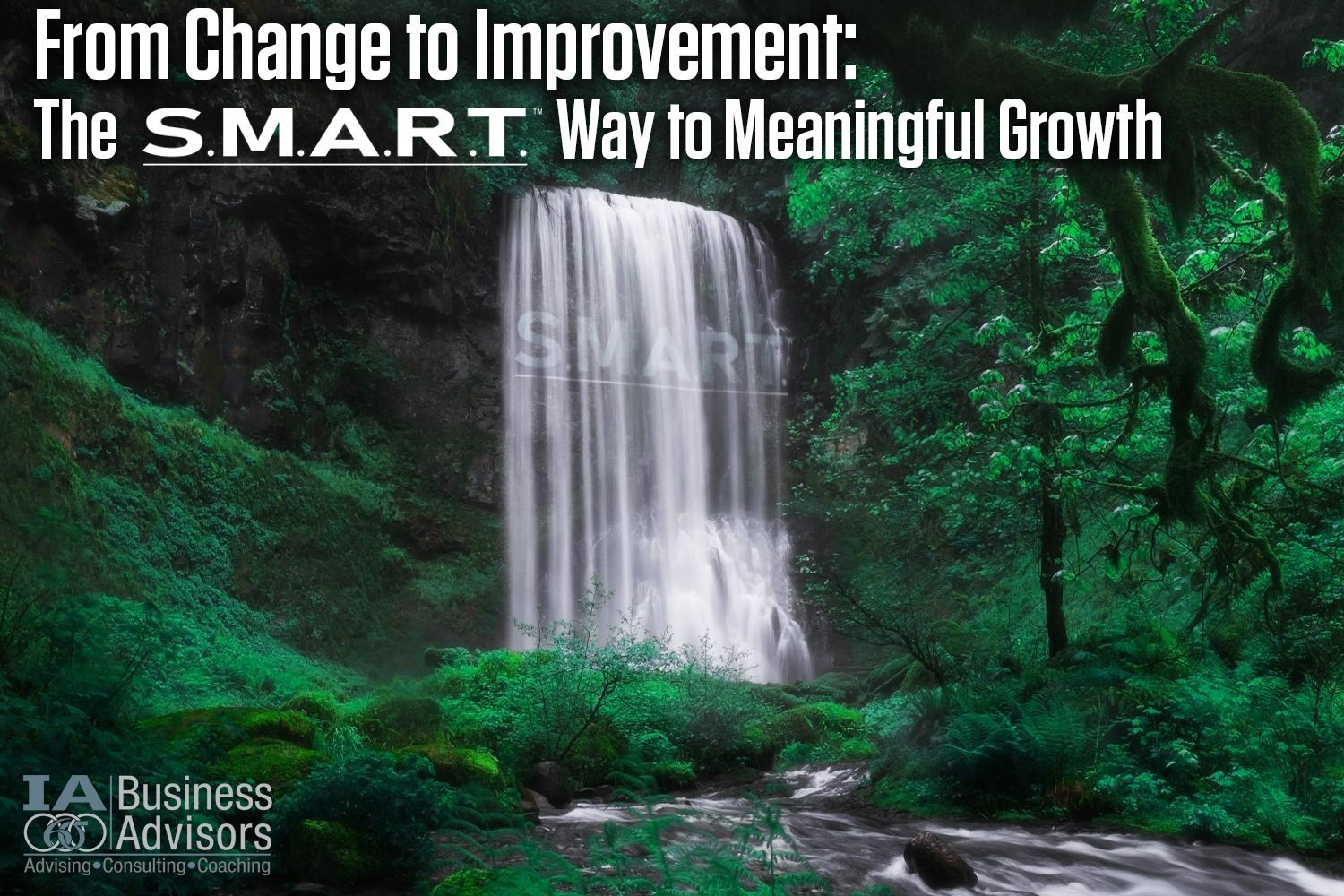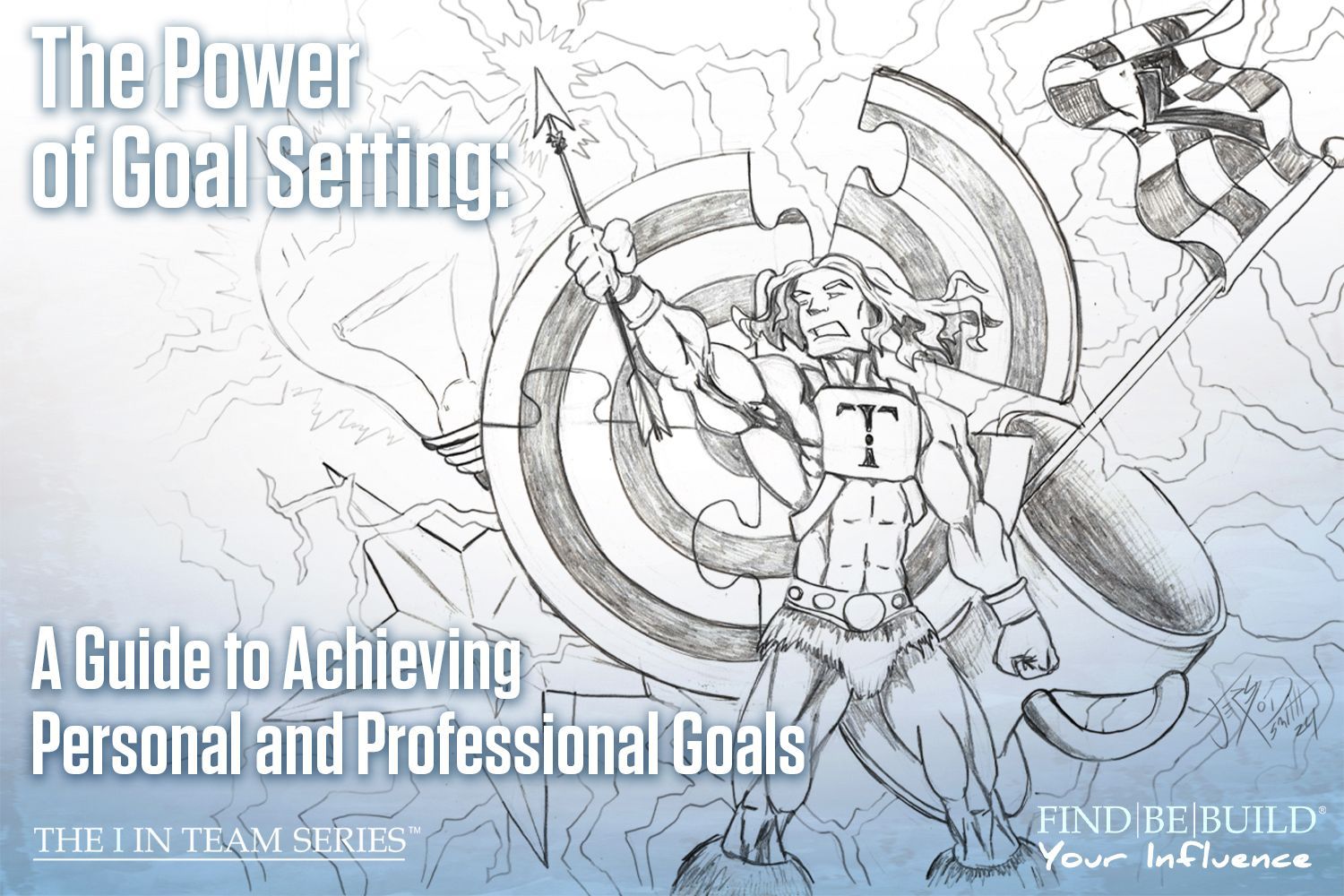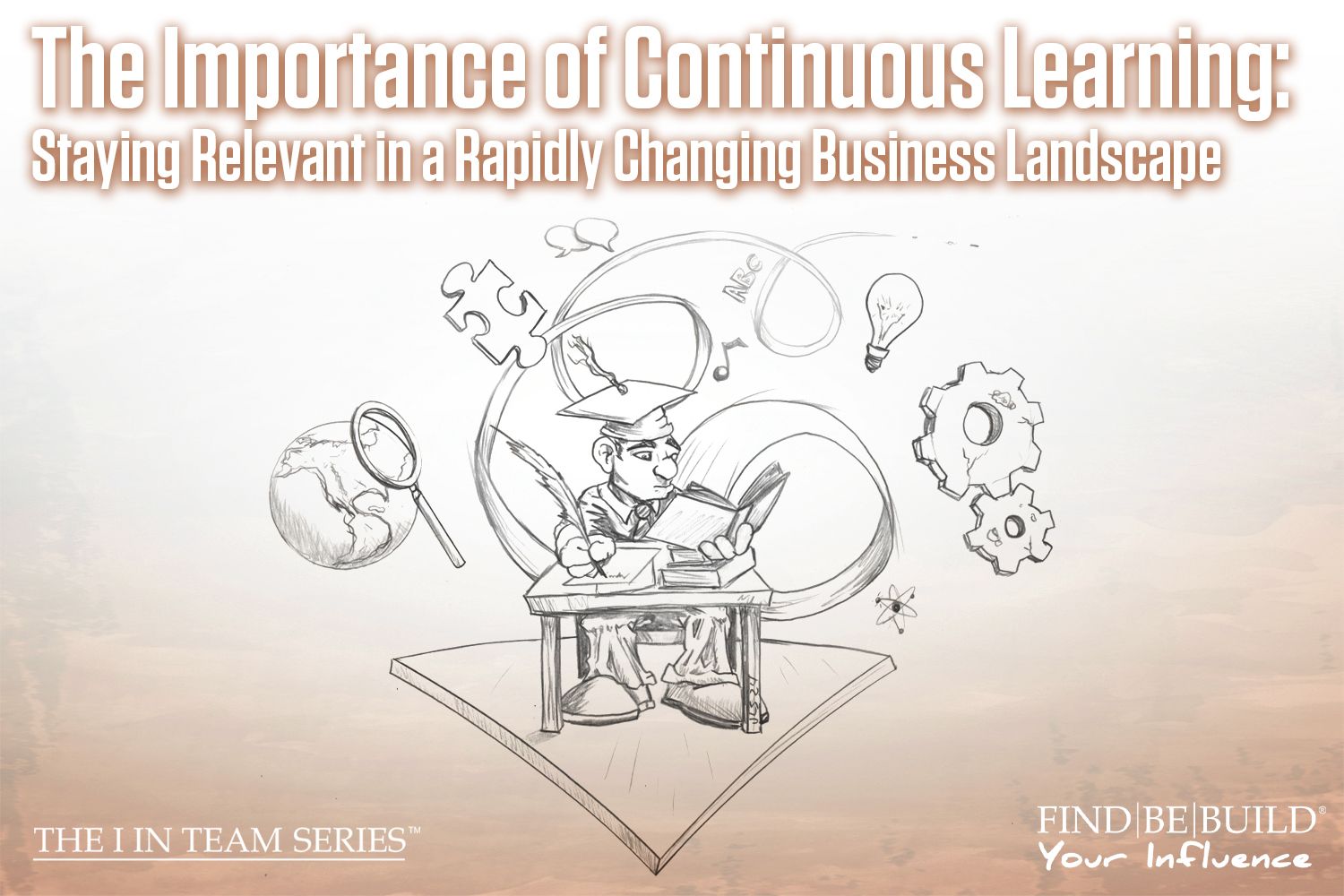The Importance of Culture in Organizations

Organizational culture is more important to your company’s long-term success than you may know. Most researchers agree that a large part of an organization’s success stems from its culture. But why is it important? How do understand and build company culture? How can having a positive organizational culture help your business? IA Business Advisors have been helping organizations build positive company cultures for 25 years, so we offer our expertise to these commonly asked questions surrounding organizational culture.
Why is organizational culture important?
Organizational culture adds value for several of your organization’s stakeholders. Here’s a breakdown of how a positive company culture can impact some of them:
Employees: Boosts performance, productivity, success, morale, job satisfaction, engagement, attitudes, loyalty, and motivation. Decreases turnover.
Community: Helps to attract and retain talented individuals. Creates a good reputation in the surrounding community.
Shareholders: NYC Data Science Academy conducted a study to see if shareholder value increases because of positive company culture. They found a positive correlation between positive company culture and shareholder value.
How do you understand and build company culture?
Culture is people. Your team has the power to create and propel your organization’s culture, but it can’t be built in a day. Culture is built slowly, over a long period of time, meaning culture is hard to change. Once your organization’s culture is there, it’s there. If you want to change your culture, you’ll have to understand your current culture and the culture you want it to become. First, it’s important to understand what influences company culture internally and externally.
- Internally
- Organizational Structures
- Processes
- Systems
- Budgets
- Leadership Styles
- Changes in Leadership
- Team Members
- Externally
- Economic Recession
- Government Regulations
- Major Lawsuits That Damage the Reputation or Resources of a Group
- Acquisition by Another Company
- An Unexpected Catastrophe
By understanding what influences your culture, you and your team can begin defining your organization’s culture. Although, be sure to remain mindful of the differences between actual and claimed culture. Actual culture is, just that, your organization’s actual culture. Claimed culture is what you want your organization’s culture to be, but it may not live up to those expectations. Ask your team the following questions to start distinguishing what your company culture is. Make sure they feel safe and secure in answering honestly, or you might not get a full understanding of your actual culture.
- What is your impression of our company culture?
- What do you feel are our culture’s strengths?
- What do you feel are our culture’s weaknesses?
- What are some things you think we don’t want to see in our culture?
- What do you feel we can do to improve our culture?
Culture can be built by design or default, so if there are parts of your culture that you identity you don’t like, you can change it. Define with your team the positive qualities they want to see in their organization’s culture, and also make a list of qualities you don’t want to see in your company culture. By defining the positive and negative, you make it easier for all team members to concretely understand what is and is not accepted behavior. All team members should demonstrate and reward the behaviors they wish to see continue and negate and discourage the behaviors that conflict with positive culture (as defined by your organization).
How do you sustain company culture once built?
Maintaining and propelling your organization’s culture starts at the top with leadership. Leadership needs to lead by example and exude the positive qualities of your company’s culture if you wish for the rest of your team to pick them up. You also need to clearly define your company’s culture, as mentioned above, so everyone knows what is and is not considered appropriate for your culture (again, as defined by you). Find opportunities in negative behavior to serve as lessons for everyone and educate the whole team on the positives.
Conclusion
Organizational culture needs to be addressed across organizations of all types and sizes because it’s vitally important to the workforce. Gallup released a poll in 2018 stating that employee engagement is on the rise in the US, but it’s still only at 34%. Positive company cultures can get employees more engaged and all around happier with their workplace. When your employees are happy, productivity increases, profits increase, shareholder value increases, and all around it’s a positive influence on the company. If you’re not sure what your company culture is or need help leading a change management initiative for your culture, contact IA Business Advisors. We have 25 years of experience helping companies develop positive cultures to increase their bottom line.











